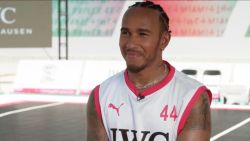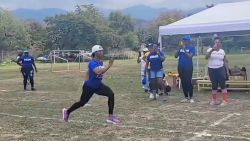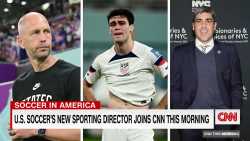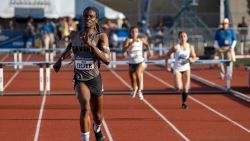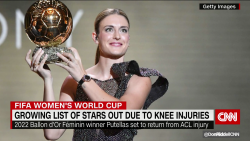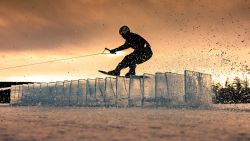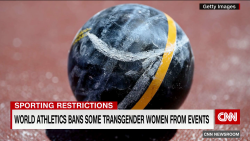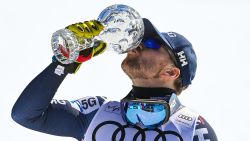Michael Phelps, who retired as the most decorated Olympian in history in 2016, is not holding out much hope for a clean Olympics Games in Tokyo next year.
Asked how clean he thinks the Games will be the 23-time Olympic gold medalist bluntly told CNN Sport’s Don Riddell: “Four or five” out of 10.
“I can honestly say that throughout my whole entire career, I don’t know if I ever competed in a clean field,” added Phelps.
“If that’s the case, then yeah, I don’t think anything’s changed.
“I think there’s a lot of issues out there and the fact that we’re not held on the same playing field is really upsetting.”
This year marked the eight-year-anniversary of the 2012 Olympics in London, where Phelps won four gold medals.
Those Games have been described as the dirtiest Olympics in history, with more than 130 athletes banned or disqualified for doping offenses, according to Olympedia.
68 of those athletes were found via a re-analysis program that continues to re-test samples from previous Olympic Games.
Meanwhile, according to a New York Times report, of approximately 11,000 athletes who competed at the 2016 Rio Olympics, about one out of every 100 competitor had served suspensions or had to return medals because of doping.
Phelps, who was outspoken on drug cheats throughout his career, says he can “guarantee” no athlete has been tested as much as he was on an Olympic level and insists everyone should be held to the same high standards.
“If we’re all getting tested like that, great, but I know we’re not,” added the 35-year-old. “Until we are, until we’re all held on the same level, nothing’s going to change.”
The International Olympic Committee (IOC), which oversees the drug testing at the Games, has maintained that fighting for clean sport is among its top priorities.
CNN reached out to the World Anti-Doping Agency which referred it to the IOC.
In response to CNN’s request for comment, the IOC stressed a number of anti-doping measures that the organization had introduced, notably the work of an expert group, led by the International Testing Agency (ITA), to close testing gaps ahead of the Games.
It also said the Olympic Movement spends $260 million every four years to fight against doping, with $136 million coming from the IOC directly.
READ: US swimmer Caeleb Dressel breaks two world records in one hour
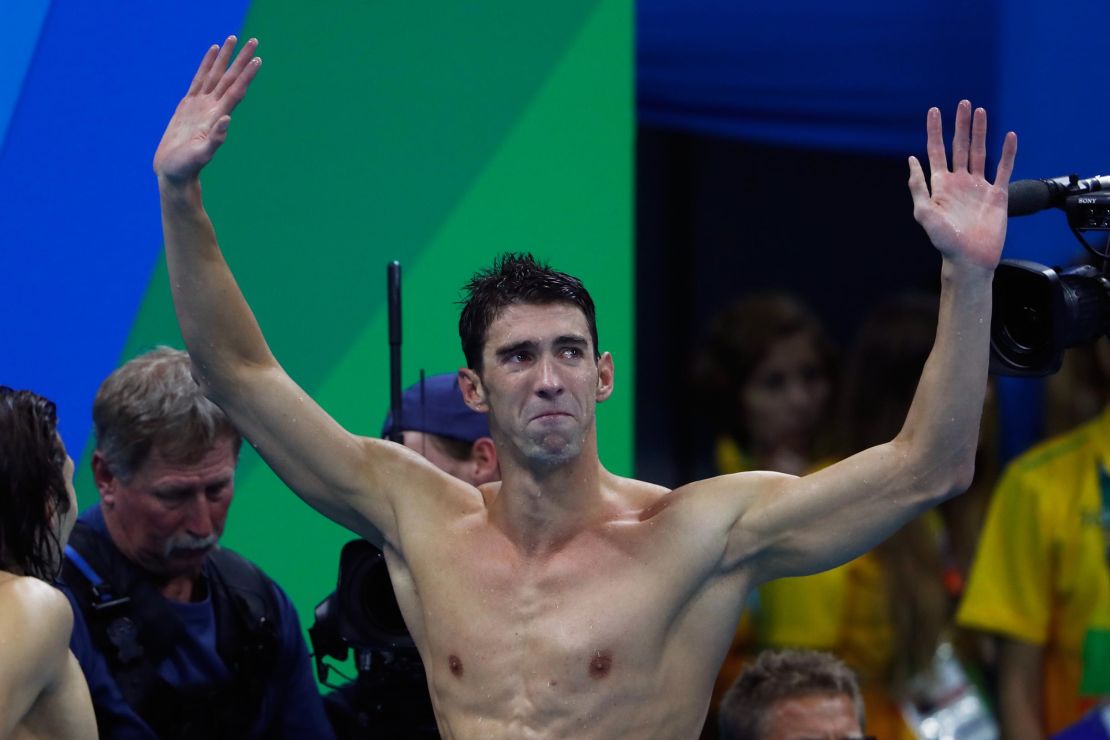
Earlier this month, US President Donald Trump announced he had signed into law the Rodchenkov Anti-Doping Act, allowing the US to impose criminal sanctions on individuals involved in doping activities at international events.
Named after whistleblower Dr. Grigory Rodchenkov, who helped expose the Russian doping scandal, the act passed through the senate unopposed in November.
“Doping will remain an enormous problem in the Olympics until dopers and their enablers face jail time for defrauding other athletes,” Jim Walden, author of the Rodchenkov Anti-Doping Act and lawyer for Rodchenkov, told CNN Sport on Friday.
“The Rodchenkov Anti-Doping Act, just signed into law in the U.S. on December 4, 2020, is the necessary first step. Now the Department of Justice must create an ambitious program to implement it, and give it teeth. If DOJ does this quickly, I think we’ll have a cleaner Olympics.”
‘It’s good to see change’
While Phelps hopes for a cleaner Olympics, he also thinks the Tokyo Games will be a chance for athletes to stand up for what they believe in.
The IOC is currently consulting the organization’s Athletes’ Commission before deciding whether to relax its stance against protests.
Current IOC guidelines ban any form of protest at the Olympics, including taking a knee, raising a fist or refusing to follow protocol at medal ceremonies.
The consultation came about following the rise in sports stars taking a stand against racism, especially since the Black Lives Matter movement gained momentum after the death of George Floyd.
For example, English Premier League teams began taking a knee ahead of every game in opposition to systemic racism and NBA teams staged a walkout during the playoffs to protest police brutality after the shooting of Jacob Blake.
The United States Olympic and Paralympic Committee (USOPC) recently announced that they will not sanction Team USA athletes for peaceful protests during the Games.
“I feel like I have a platform to stand and to talk about the things that I feel like are important,” said Phelps.
“I also feel like everybody has that opportunity. We all have the opportunity to stand and shout our values.
“It’s good to see this, it’s good to see change and I think we have to go through comfortable and uncomfortable times in order to see the change that we want in the long run.
“This year has been scary. It’s been frightening. It’s been overwhelming. But I feel like this year, I think we’ve learned a lot about everything and hopefully, we’re able to catapult this into making significant change and not only in the US but worldwide.”
Phelps says he wouldn’t be surprised to see athletes protest on the podium either way but just hopes they do so respectfully.
“The greatest part is standing on the medal podium, listening to your national anthem play with a medal around your neck. There is no greater thing that I can say in sports that I’ve ever experienced,” he said.
“So if anybody is out there and they are doing that, I just say be respectful because, you know, for me, I’m a proud American, and standing on that, representing my country, that was something that was a tremendous honor.”
READ: Breakdancing to make its Olympic debut at Paris 2024
‘I just don’t see how it can happen’
Phelps has been consistently open about his psychological struggles this year, saying the pandemic and resulting lockdowns put a severe strain on his mental health.
He said he also worried for those athletes who had been preparing for the Games in 2020, only to be told they’d have to wait another year.
Organizers have said they are confident the postponed Games will go ahead next year, but Phelps is unsure about the logistics of hosting such a large-scale event during such uncertain times.
“The fact that you’re going to put ten thousand plus athletes, plus all the volunteers, plus all the coaches, it doesn’t make sense to me. I just don’t see how it can happen,” he said.
“But fingers crossed that everything with vaccines and everything goes smoothly on that front. But, I mean, I don’t know, there’s just too much unknown.”
Phelps was speaking to CNN through his involvement with the Colgate Optimism Project.


